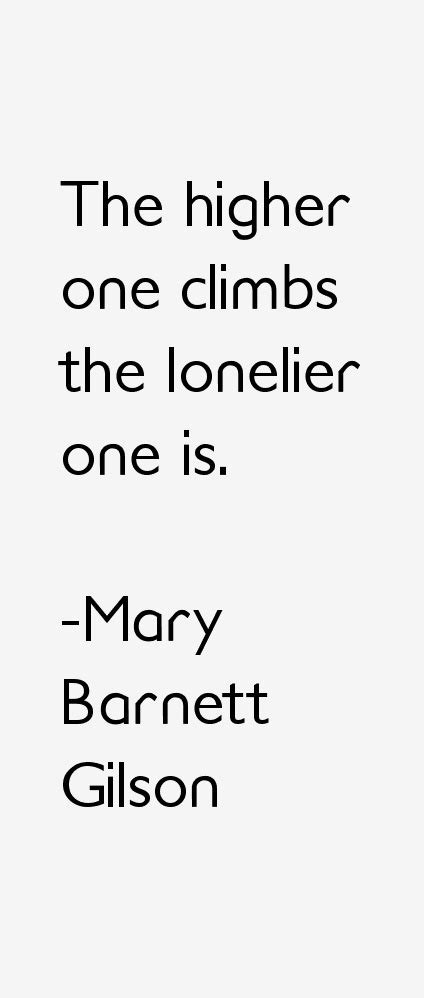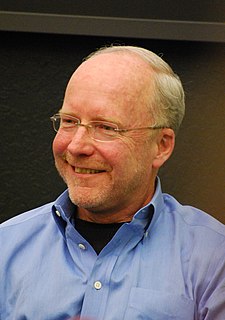A Quote by Mahathir Mohamad
Knowledge has always been important, of course. The ancient Egyptians did not raise the stones for the pyramids relying on the incantations of their gods. The waters in the irrigation canals of the great Indus Civilisation did not flow according to the laws of ignorance. Knowledge has always been power and wealth.
Related Quotes
We have heard of a Society for the Diffusion of Useful Knowledge. It is said that knowledge is power, and the like. Methinks there is equal need of a Society for the Diffusion of Useful Ignorance, what we will call Beautiful Knowledge, a knowledge useful in a higher sense: for what is most of our boasted so-called knowledge but a conceit that we know something, which robs us of the advantage of our actual ignorance? What we call knowledge is often our positive ignorance; ignorance our negative knowledge.
It is a common sentence that Knowledge is power; but who hath duly considered or set forth the power of Ignorance? Knowledge slowly builds up what Ignorance in an hour pulls down. Knowledge, through patient and frugal centuries, enlarges discovery and makes record of it; Ignorance, wanting its day's dinner, lights a fire with the record, and gives a flavour to its one roast with the burnt souls of many generations.
How ignorant we are! How ignorant everyone is! We can cut across only a small area of the appallingly expanding fields of knowledge. No human being can know more than a tiny fraction of the whole. It must have been satisfactory in ancient times when one's own land seemed to be the universe; when research studies, pamphlets, books did not issue in endless flow; when laboratories and scientists were not so rapidly pushing back frontiers of knowledge that the process of unlearning the old left you gasping for breath.
There is a cult of ignorance in the United States, and there has always been. The strain of anti-intellectualism has been a constant thread winding its way through our political and cultural life, nurtured by the false notion that democracy means that "my ignorance is just as good as your knowledge."
Despite popular theories, I believe people fall in love based not on good looks or fate but on knowledge. Either they are amazed by something a beloved knows that they themselves do not know; or they discover a common rare knowledge; or they can supply knowledge to someone who's lacking. Hasn't everyone found a strange ignorance in someone beguiling? . . .Nowadays, trendy librarians, wanting to be important, say, Knowledge is power. I know better. Knowledge is love.
But the fact is we did have colonies in the east of Poland, we did have a slave economy there. But this is not common knowledge - or part of our national myth. It goes against the current romanticised view of the government, and much of the country, that Poles have always been victims, never oppressors.
Even those who have desired to work out a completely positive philosophy have been philosophers only to the extent that, at the same time, they have refused the right to install themselves in absolute knowledge. They taught not this knowledge, but its becoming in us, not the absolute but, at most, our absolute relation to it, as Kierkegaard said. What makes a philosopher is the movement which leads back without ceasing from knowledge to ignorance, from ignorance to knowledge, and a kind of rest in this movement.
































